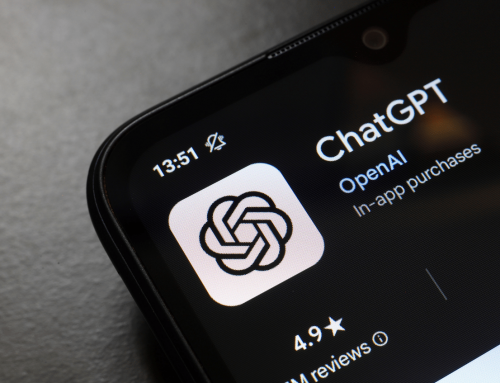It sounds like something out of a thriller: a 15-year-old student from Italy hacks into the national IT system of the Ministry of Education and changes his own grades. But it doesn't stop there. The teenager, who had developed his skills in the privacy of his own home, wanted even more - and even diverted tankers in the Mediterranean. But what is really behind this case? And what does it mean for all of us?
From school report to international scandal
At a time when digital transformation and cyberattacks are increasingly on the agenda, the case of a 15-year-old Italian boy has proved to be particularly spectacular. The pupil, who apparently did not need any special technical tools, just a computer and a little time, gained access to the databases of the Italian Ministry of Education. With just a few clicks, he changed his grades and saved himself from a "5" to a "6" - an ingenious but illegal hack. But he didn't stop there.
More than just a school prank: a dangerous game with security
The teenager not only targeted his own report card, but also corrected the grades of his friends. But that's not all: he apparently got into a system that controls the routes of shipping lanes in the Mediterranean - and simply changed the course of tankers. A piece of cake for the talented hacker. But what started out as harmless fun could have had fatal consequences. Because outwitting such systems not only endangers safety on the seas, but also the economy and the environment.
Consequences: From testimony manipulation to criminal prosecution
It quickly became clear that this prank was far more than just a teenager's stupidity. After the attack was discovered, the police moved in. The student's parents claim to have known nothing about their child's illegal activities - a statement that is often heard in such cases. In the meantime, computers and other devices belonging to the boy have been seized and the public prosecutor's office is considering charges for a number of IT offenses. The case is now being heard by a juvenile court in Bologna.
But how should the case be assessed? It is clear that the boy has exceptional IT skills. But exploiting such talents in an illegal way has far-reaching consequences - both for the perpetrator and for society. It will now be exciting to see how the justice system will deal with this case and what lessons we can learn from this incident.
Fascination or danger? - What the case of the teenage hacker means for the future of cybercrime
"What an ingenious hacker!" is what you might think at first. But anyone who understands the background to this incident quickly realizes that this is by no means a clever move, but a dangerous game with the security of human lives and national infrastructure. In times when cybercrime is becoming increasingly important, we have to ask ourselves: where do we draw the line between youthful experimentation and dangerous hacking? The case shows how quickly a harmless prank can turn into a catastrophe. It remains to be seen how legislators will react to this new type of offense.







